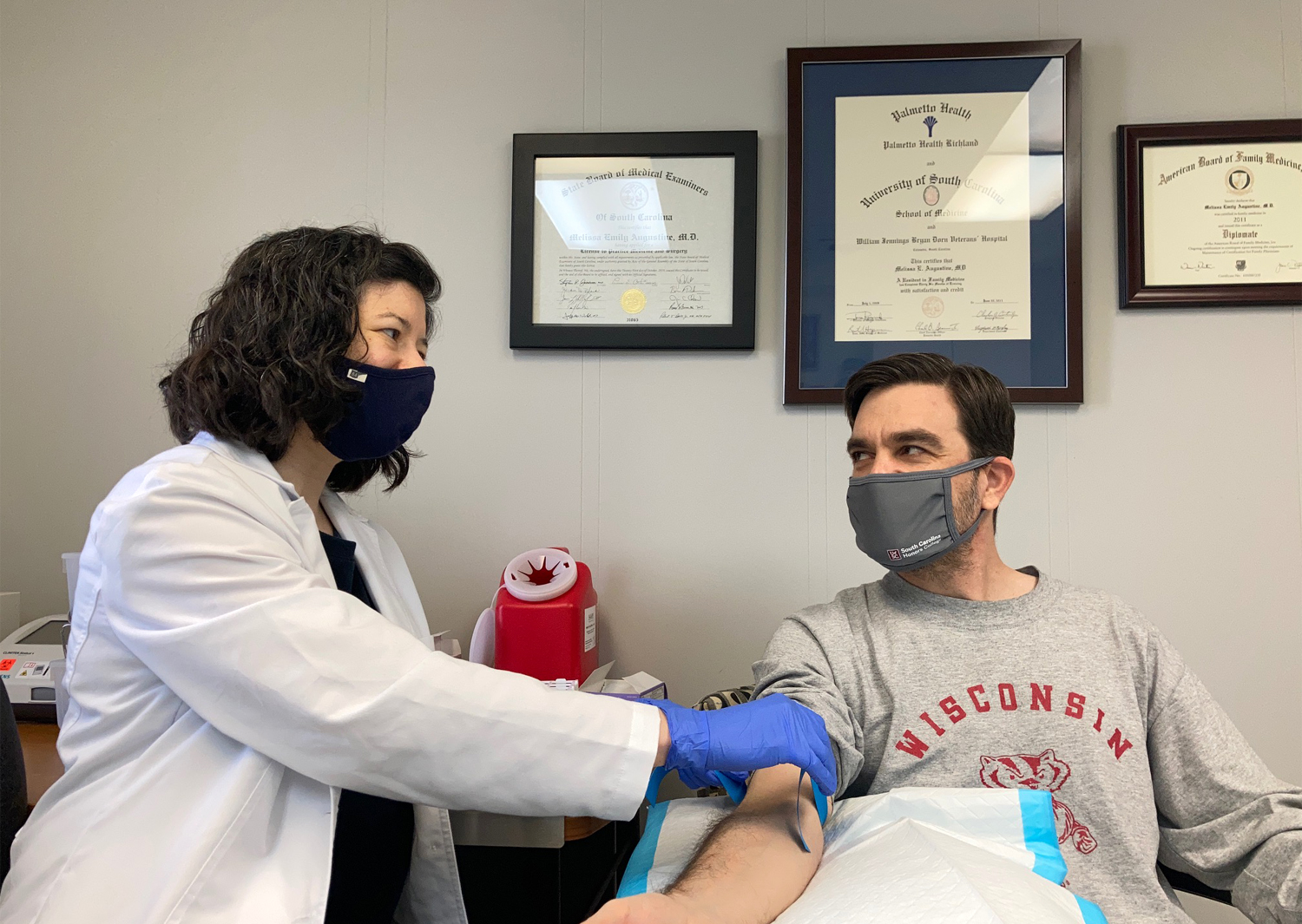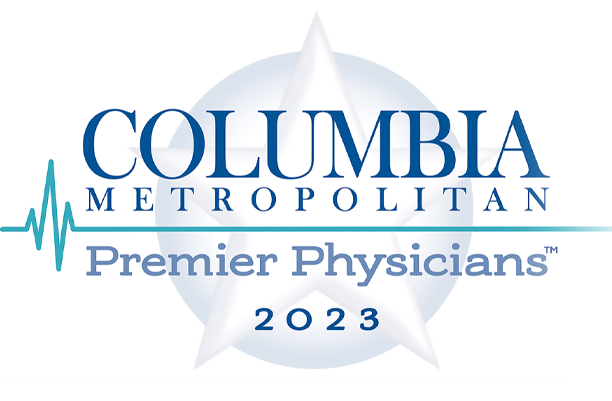A Doctor’s Prescription – Part 2 – Bedside Manner
Welcome back for Part 2 of my blog series on Dr. John Fisher’s recent article in Notre Dame Magazine, a letter to pre-med college students titled, “A Doctor’s Prescription.” You can read Dr. Fisher’s very thoughtful article HERE. In this post, I am going to discuss the one thing that Dr. Fisher says is essential for any doctor to have: a genuine love of people. I believe this is often demonstrated through a doctor’s bedside manner.
Why is it that patients care about bedside manner? Perhaps you think that caring about the grades your doctor earned in school is the most important measure to consider when choosing a doctor. However, I’d like to know what key words you listen for when a friend or family member recommends a doctor to you. Do you listen to see if they graduated at the top of their class or do you listen for words and phrases like “friendly,” “good listener,” “attentive,” and “gets to know me?” The truth is that I don’t even know who graduated at the top of my medical school class! A physician’s ability to treat patients goes deeper than their grades.
Bedside manner is how people perceive that their doctor cares. When you have a health concern more complex than the common cold, you may be anxious and looking to a physician you trust for answers. Many years of practice have taught me that the emotional component of being sick can be as influential as the physical component, and it’s important to treat both components. Here’s another question to help me demonstrate my point. Would you prefer to see a doctor who prescribes the correct medicine, but a) seems too busy to answer any questions, or one who b) takes the time to reassure you that you are going to get better, and calls to check on you the next day?

I am thankful that a compassionate bedside manner is something that seems to come naturally to me, although it is not always easy. It’s during those not-so-easy times when I’ve found that a sympathetic attitude seems to matter the most. I’ve had several instances in my previous job here in Columbia, SC when I’ve walked into an exam room and an upset patient is not in the state of mind to have a productive visit with me. The cause of their frustration varied – they were still feeling sick, they had a complaint about the office staff, they received another medical bill in the mail, etc. When I was able to keep my composure and show some compassion, the patient often settled down. A calm and usually very productive visit often followed!
To give a patient a chance who doesn’t seem to want to give you the time of day is perhaps the litmus test that all future doctors should go through on the way to earning their MD degree. The truth is that most medical students will experience this ungraded exam during their training more than once. These experiences can be pivotal moments when a student can either demonstrate their genuine love of people…or not. How they react to this challenging experience can shape their future careers.
A physician’s genuine love for people can demonstrate itself in ways other than bedside manner. However, I think the point that Dr. Fisher is making is that to be the most effective physician, genuinely caring about the people you serve is essential. I wholeheartedly agree!
Coming Soon – Part 3: My Practical Advice to Pre-med College Students
Have a good week! Feel free to contact me with any questions.
Melissa Boylan, MD, FAAFP
Family Physician and Owner of Noreta Family Medicine

